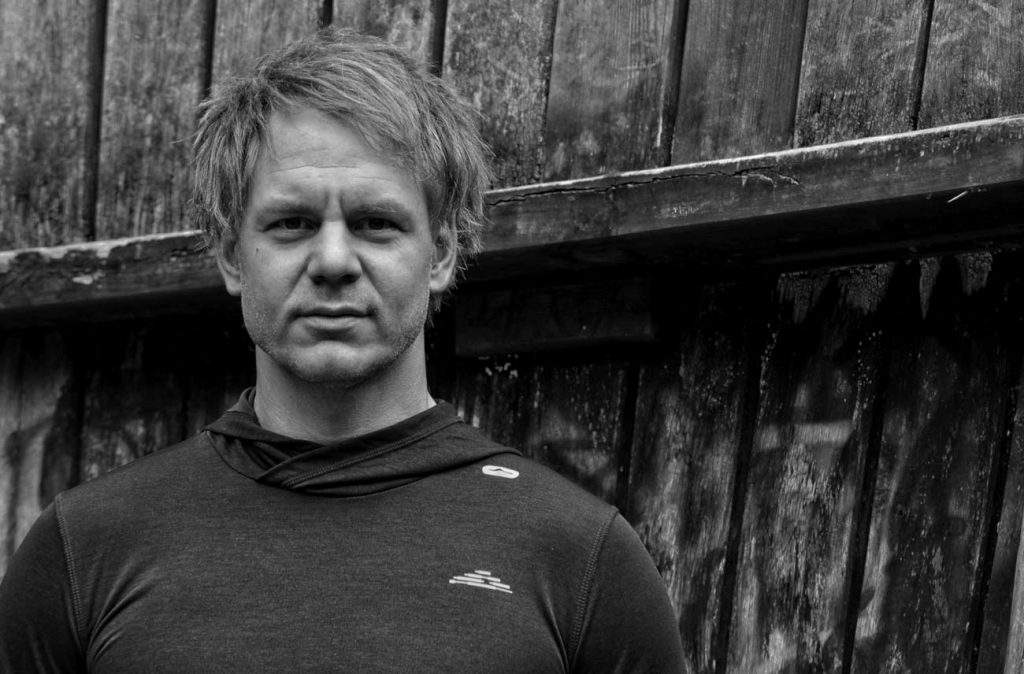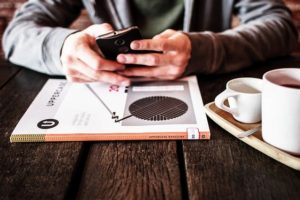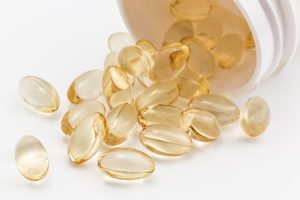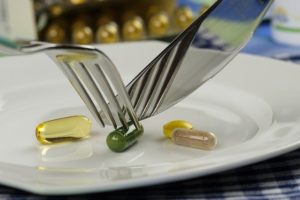The pain relieving expert gives a hint: Food supplements. And something about undesirable ingredients in these supplements. -It does look healthy. Is it healthy too?-
The situation: Many people do not get a healthy diet and daily routine fully regulated, so they take vitamin and mineral supplements to compensate for an unhealthy lifestyle. The common solution is to search on “Amazon” for e.g. vitamin C or magnesium. After that: I buy the cheapest one there. And the product with a good rating.Is that the final solution?
Scientific studies are almost always done with synthetic vitamins or isolated trace elements. Most of the time, the natural counterparts or helpers are then missing.Vitamin E, for example, works hand in hand with vitamin C – if this “colleague” is missing, vitamin E cannot work as well as it should. It is the same with minerals and trace elements, which have to be present in a certain ratio to each other. Another negative aspect of conventional vitamin preparations is harmful additives. You only have to take a look at the ingredients once. But usually you do not even understand what is really hidden behind the chemical names.
Until a few years ago, many well-known food supplements contained dangerous, synthetic “Azo dyes”. For example, the dye “Yellow Orange S” (E 110). “Yellow-Orange S” can lead to allergic reactions, asthma or behavioural problems and is also considered to be carcinogenic in animals.The permitted amount in food has now been reduced by the European Food Safety Authority. However, there is no general ban. Artificial sweeteners. (Cyclamate-(E 952) or Aspartame-(E 951), have long been known to cause harmful side effects. Aluminium salts such as” Sodium Aluminium Ailicate” (E 554) are often used as release agents in food supplements.
However, these can lead to aluminium contamination. The thickening agent “modified starch” is used in food supplements. However, more and more often the starch is obtained from genetically modified plants, which does not have to be labelled separately. One “tool” of “protecting” the product by chemical modification through oxygen is a synthetic substance called “Butylhydroxytoluene” (E321). However, E321 can cause allergic reactions and has been shown to alter the immune system in animals.
Artificial flavour enhancers such as “Monosodium glutamate” have long been controversial from a health point of view. Parabens (E 214 to E 219) are often used as preservatives in vitamin pills and medicines as they have an antimicrobial effect. These substances can cause allergic reactions and are suspected of affecting the hormone balance.
Conclusion:
In your own interest, it makes sense to look at the package insert / back of the packaging when buying vitamins and food supplements. How sensible is it to buy supplements if only a certain budget is available? I can easily spend 300€ per month on them. But 300€ per month?
The less additive in the supplement, the better! Even natural vitamin preparations do not get by without additives. However, the separating agent magnesium stearate or cellulose as vegetarian capsule material are harmless. If it is all so complicated, why use food supplements at all? Our life is made up of ups and downs throughout and is made up of different – sometimes extreme – situations and stages of life.
Nutritional supplements can help to ensure that we take in sufficient nutrients and vital substances during times of physical or mental stress.In times of stress, for example, it can be very useful to supply the body with increased antioxidants. In the case of illness, it can be helpful to use oxidants.
So a permanent solution cannot, in my opinion, be to buy anything cheap. Do you know what is important, what is necessary for your personal needs? If you know, well done. ![]()
Under certain circumstances, a shortcut offered by a specialist would be useful. What do you think?
I will gladly support you if questions arise. See you next time.
Stay strong.
Matti













